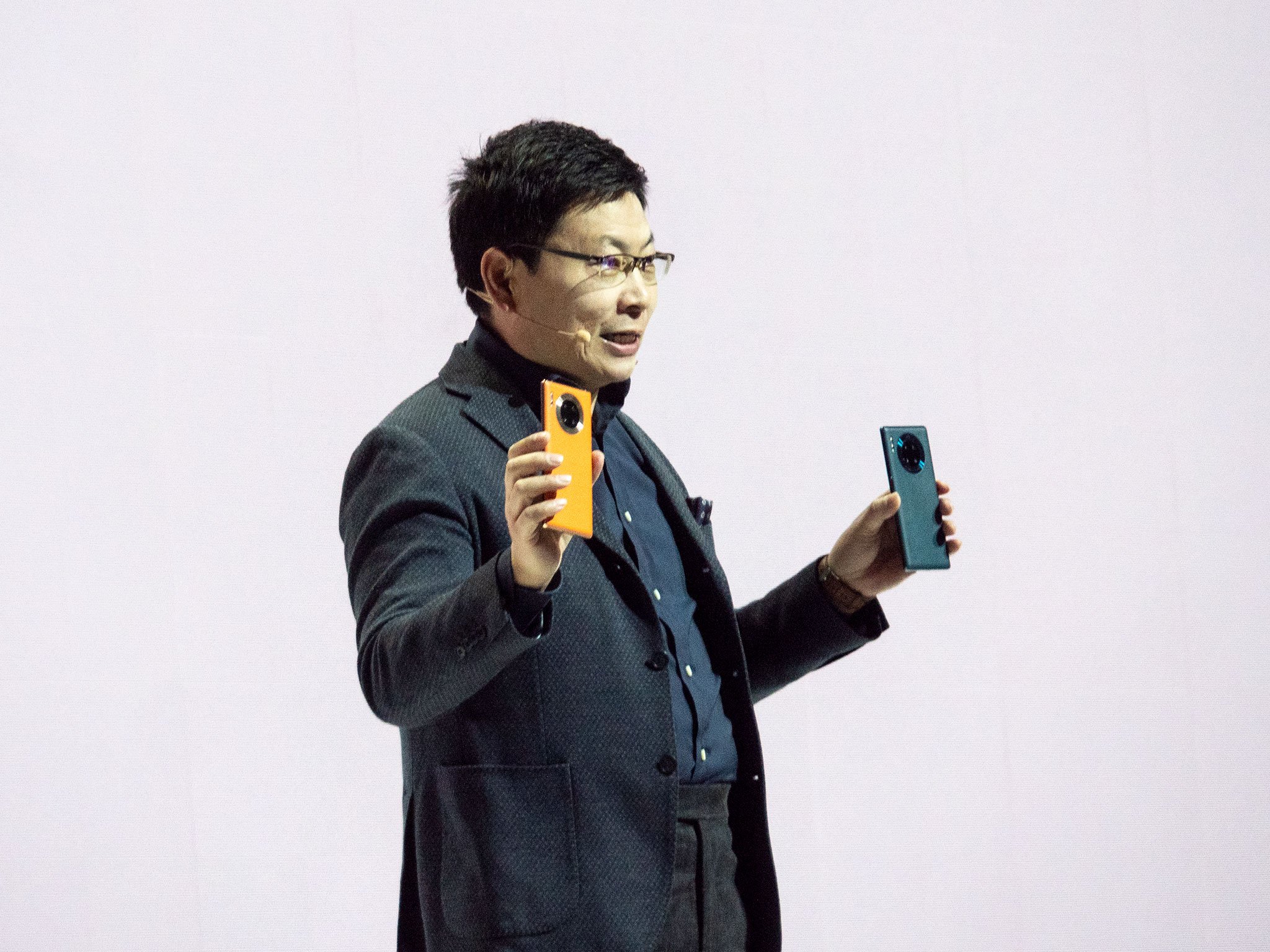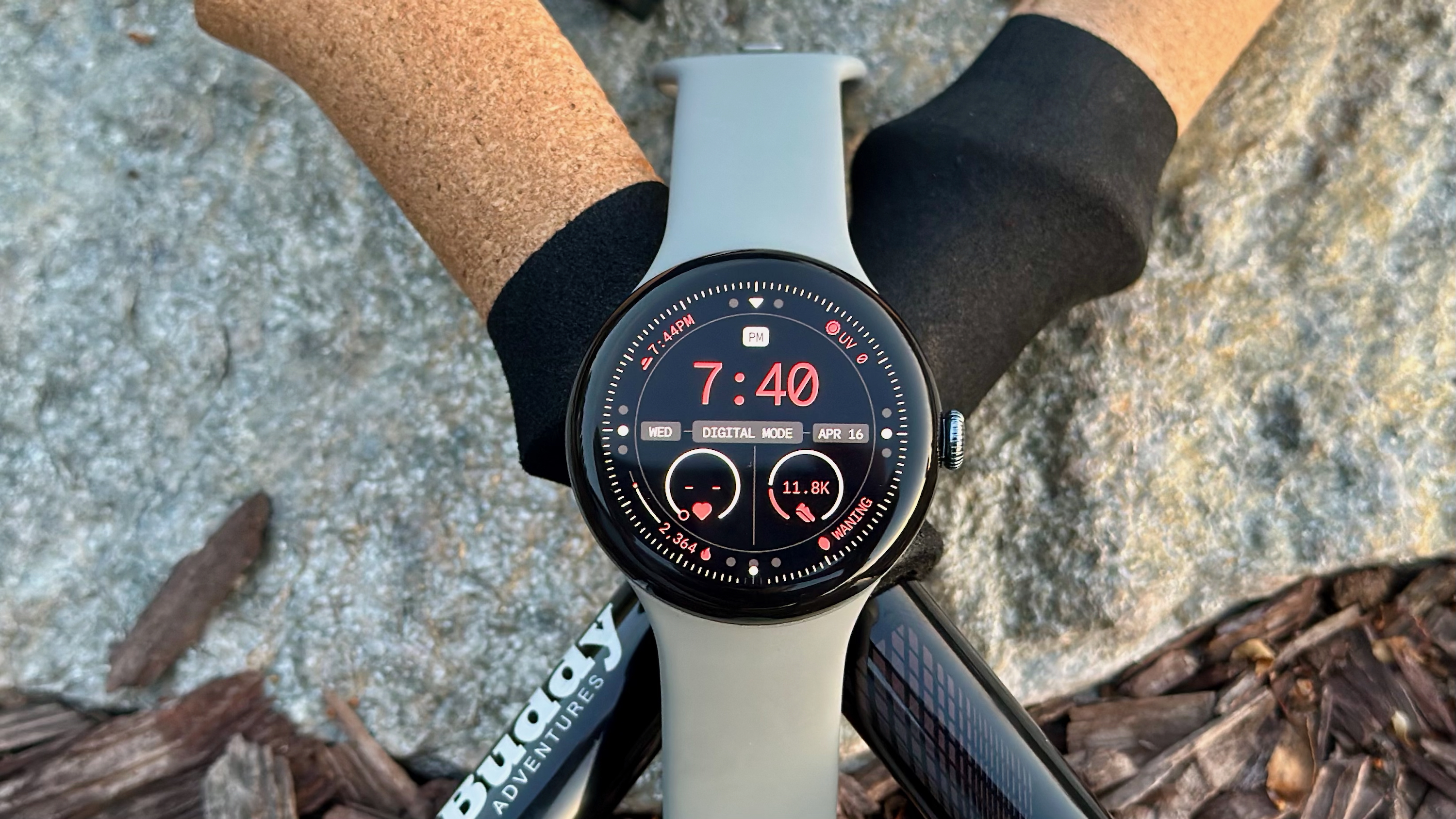Huawei can't use Google Services so it's paying developers $1 billion to build for its own app store

The Huawei Mate 30 Pro may be the best phone of the year. May being the optimal word, because anyone who was planning to buy it probably won't now that we know it's shipping without Google services.
The Mate 30 series is the first phone released by Huawei to fall under the ban issued earlier this year by the U.S. Commerce Department prohibiting American companies from selling goods or services to Huawei. As a result, Google isn't allowed to provide access to what is an increasingly core part of the Android experience: Google Play Services. Not only does that prevent the phone from shipping with Google's most popular apps — Gmail, Maps, Photos, YouTube, and the Play Store — but it undermines the way that Google has architected modern Android on the back of Google Play Services.
Play Services is more than just a way for Google to pre-install its own apps. It is the conduit for notifications, maps, and security that most third-party apps take for granted. If an app relies on sending timely notifications — Instagram, Slack, Facebook, etc. — the lack of Play Services may affect its ability to do that. Similarly, most third-party apps rely on Google Maps integration for location data, since Google makes it difficult to rely on other providers.
So how is Huawei expecting to get around this? In China, it has its own Huawei App Gallery, which already has thousands of apps available to download. To power things like location services, cloud management, notifications and gaming, it uses Huawei Mobile Services to serve as a de facto replacement for Google Play Services.
.@huawei’s answer to being locked out of Google (“GMS”)? Use HMS. We have an App Store and we’ll pay you to write apps for it. pic.twitter.com/RDmgarMiGP.@huawei’s answer to being locked out of Google (“GMS”)? Use HMS. We have an App Store and we’ll pay you to write apps for it. pic.twitter.com/RDmgarMiGP— Avi Greengart (@greengart) September 19, 2019September 19, 2019
Now, HMS is moving beyond just China, and Huawei has a plan to get U.S.-based developers to build apps for the nascent platform. At the Mate 30 keynote, Huawei CEO Richard Yu talked about an upcoming HMS Ecosystem Incentive Program, where it would invest $1 billion USD to encourage developers to build apps and get them marketed on Huawei phones outside China. It will even provide a greater revenue share to those developers — 85%, compared to the 70% that Google and Apple offer today.
He also talked about how, while Google services will not be available in the Huawei App Gallery, they will be available to sideload on Huawei phones and, provided the company can get third-party developers to publish their apps to the Huawei App Gallery, the Android experience on EMUI 10 — which is based on Android 10 — shouldn't be too different from previous Huawei phones. During a press briefing at the Munich launch of the Mate 30 series, Yu said he regrets that it came to this:
We didn't want to do this. In the past we've never done this, but we have to do this. The US government has forced us to do this, [and] we have no other choice. Google and other US companies know we were forced to do this.
Yu also said that Huawei is considering loading other third-party app stores from companies like Aptoide and F-Droid. Amazon's Appstore is likely the one most familiar to users in the west, but it's unlikely Huawei will be allowed to distribute anything from the U.S.-based company, either.
Be an expert in 5 minutes
Get the latest news from Android Central, your trusted companion in the world of Android
Of course, whether that bears out, in reality, remains to be seen. Huawei has dedicated billions of dollars and years of time in improving the software experience on its Android handsets, but it doesn't and likely never will have proper replacements for Google Maps, YouTube and Google Photos.
The Mate 30 series will go on sale in October in parts of Europe and the UK, and Yu says carriers will sell the phones as they always have. The company is considering opening up the bootloader for tweakers to get their hands dirty with custom ROMs, something the company locked down last year due to security concerns.
Either way, Yu expects the phone to sell in fewer numbers outside of China than it otherwise would have:
In China, we expect it will grow heavily but in the west, we may see a drop. After the ban in May, we saw a huge drop in retail sales but it's now rebounding very quickly and we think we can sell more than 20 million phones. (The Mate 20 series sold 16 million devices and there were 17 million P30 series phones sold).
Of course, Huawei is looking for a last-minute reprieve from the U.S. government that would give companies like Google an exception to provide Google Services to Huawei and offer long-term security and platform updates. If that scenario does emerge, Huawei says that it's ready and has the infrastructure in place to push an over-the-air update to existing Mate 30 devices.
Daniel Bader was a former Android Central Editor-in-Chief and Executive Editor for iMore and Windows Central.

